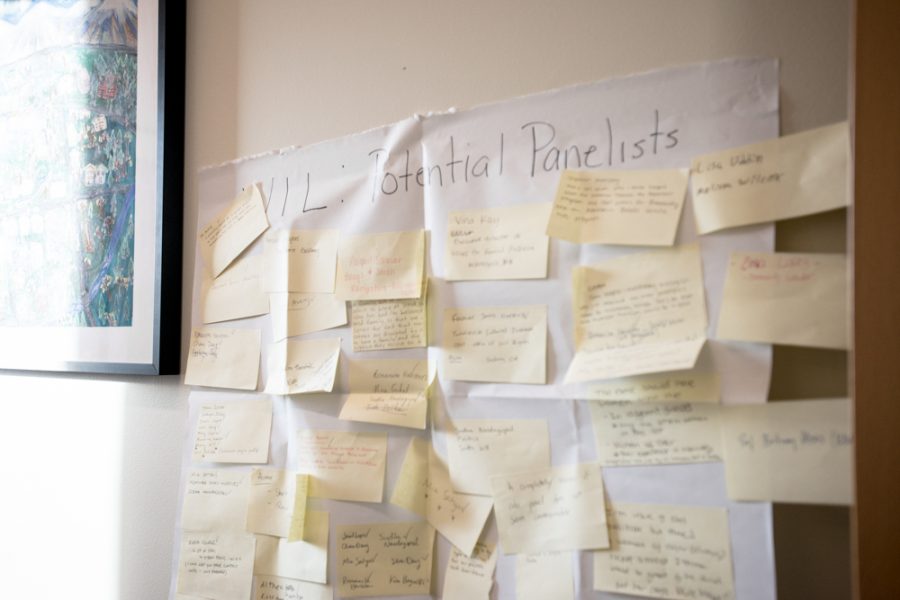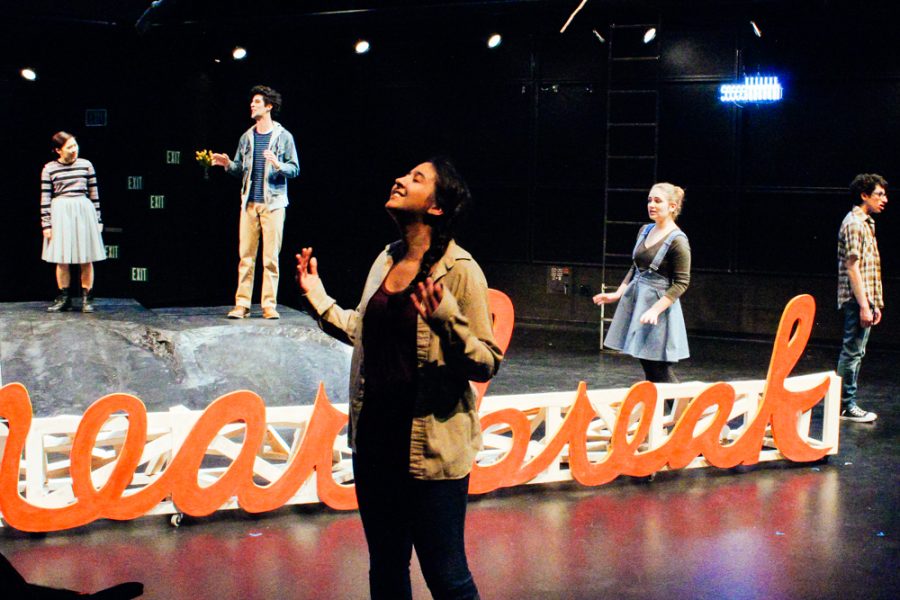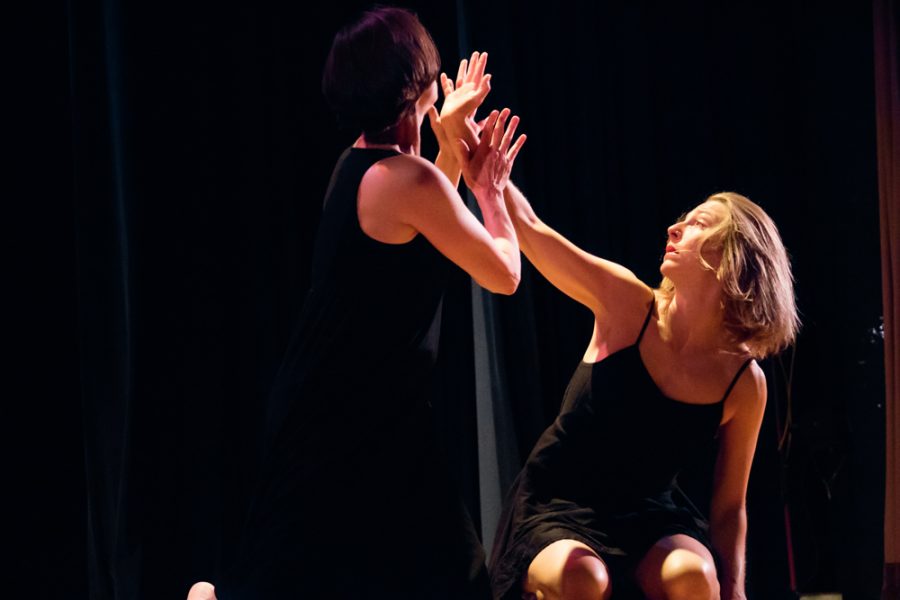
In light of current local and international politics, the Global Studies Initiative seeks to complicate and unsettle the contemporary ideas on torture at “Torture and the Human Body”, a Global Studies Initiative symposium, this Saturday, Feb. 28.
The Global Studies Initiative launched this year seeks to address contemporary issues that are not widely represented as global issues. The program seeks to globalize these issues and, according to the online summary of the program, help to “develop a critical focus on globalization at Whitman College.”
Directed by the Associate Professor of Politics, Shampa Biswas, the program’s current faculty members include professors from multiple departments, everywhere from foreign languages to history and biology. By including faculty from such a wide variety of departments, as well as addressing unexpected topics, the program attempts to develop a study of globalization through a variety of disciplinary viewpoints.
“The Global studies committee members wanted to select topics with cross-disciplinary appeal that would interest faculty and students across campus,” said Associate Professor of French Language and Literature, and Gender Studies Zahi Zalloua, a Global Studies Initiative member involved with putting on this symposium
The program’s first symposium of the year, “Torture and the Human Body” will address various issues on the sensitive subject of torture through three presentations from professionally recognized professors and journalists. The topics will cover torture’s relationship with democracy, the media, modern practices and contemporary issues.
Darius Rejali, Professor of Political Science at Reed College, will address the topic of torture in the democratic world in his talk entitled “Torture and Democracy: What Now?”
“We want to complicate the question of [torture] and the security of the body… with modern practices such as medicine and technology [and] the wide-spread currency of democracy,” said Associate Professor of English Gaurave Majumdar, who is also an Initiative member involved with the symposium. “With the process of policing and war, it’s not just a question of protection, but how do [these practices] gain more access to arrest and inhibit the body?”
Stephanie Athey, an associate professor of English at Lassel College, will discuss torture’s representations in the media in her discussion “The Torture Device: Representations in News and Law”, which will focus on the relevance and responsibility of the media in representing torture.
“This [covers] the idea of responsibility [of both] journalists and academia on the ideological framing of torture,” said Zalloua.
In conjunction with Athey’s presention Mark Danner, an acclaimed journalist who has contributed to The New York Times and The New York Review of Books and has helped professorships at Bard College and The University of California: Berkley, will present a talk entitled “When We Torture: Image Guilt and Consequences.”
A panel of both students and faculty will address each presentation and open up questions and discussion from the audience. The student panel members include senior philosophy major Adam Chapman, junior politics major Nadim Damluji and senior English major Valerie Lopez. The faculty panel members include assistant professor of philosophy Julia Ireland, and Tim Kaufman-Osborn, the Baker Ferguson Chair of Politics and Leadership.
The Global Studies Initiative hopes that the symposium, as well as the Global Studies Initiative’s message, will make an impact and complicate the idea of torture in the present world.
“We are hoping people will be excited to see it,” said Zalloua. “It’s a timely issue that will benefit everyone.”
The presentation will take place from 1-4 pm in Maxey Auditorium. Faculty as well as students and community members are encouraged to attend.




